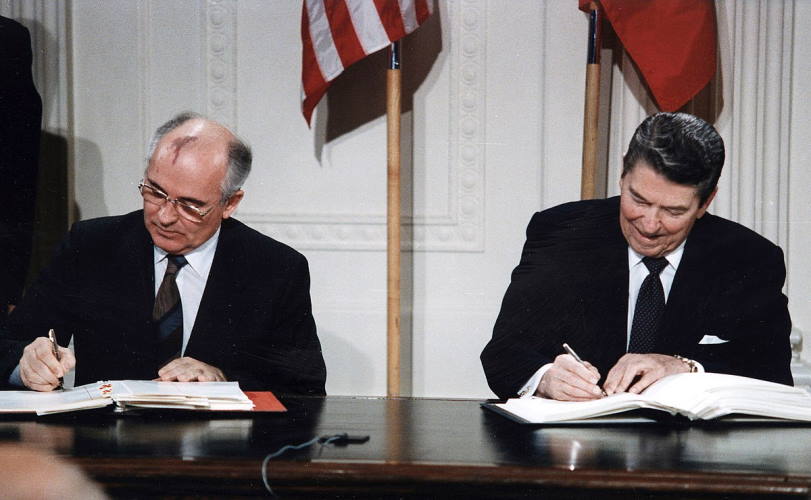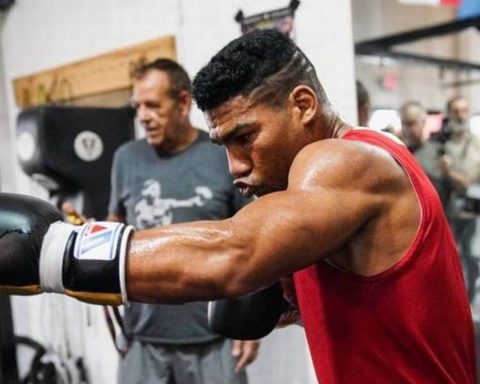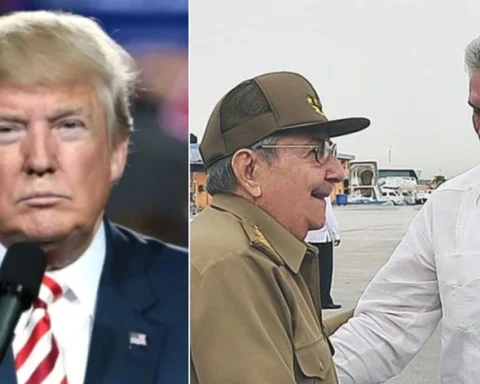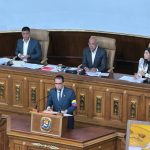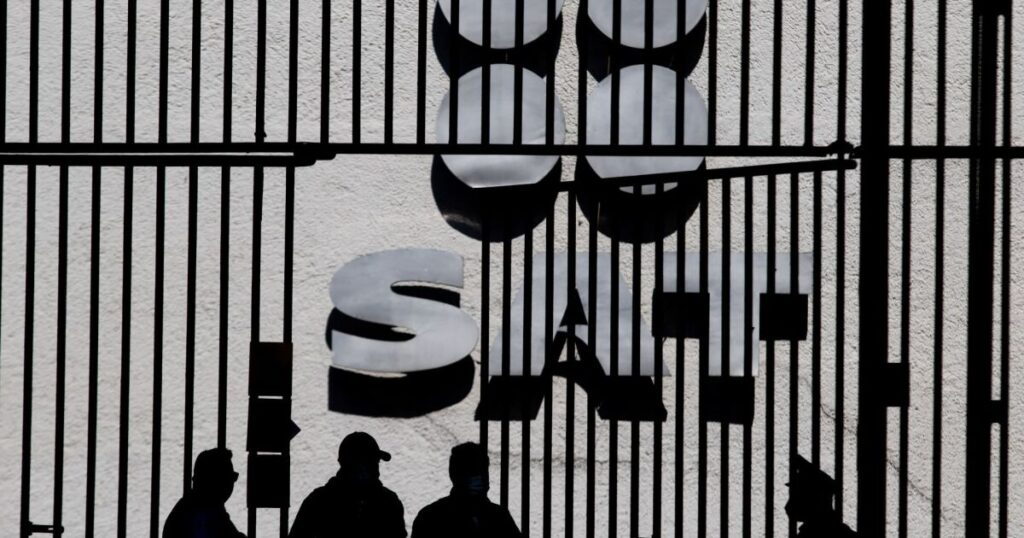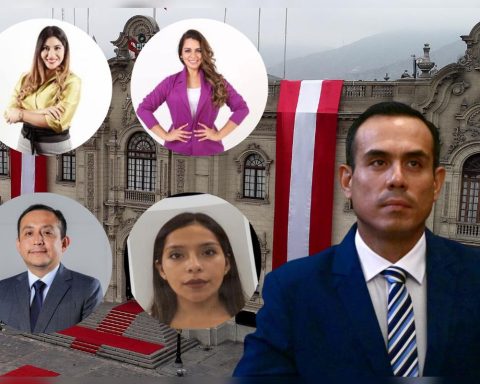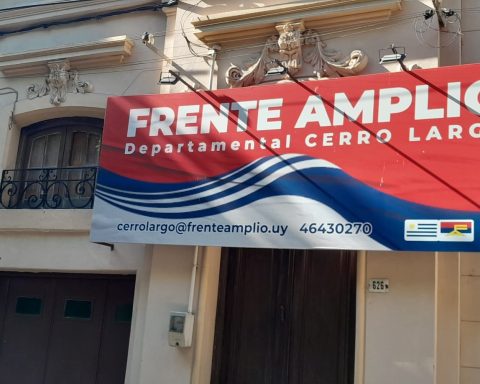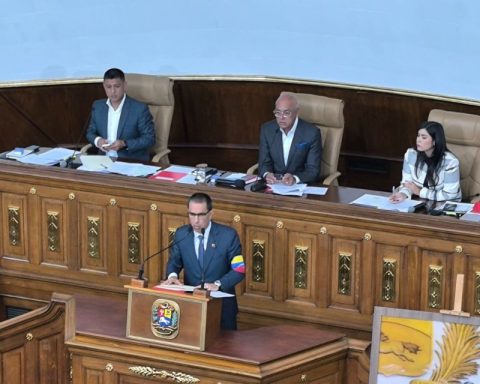MIAMI, United States.- Mikhail Gorbachev died at age 91. Not bad. The life expectancy of Russians, for 2019, just before the pandemic, was eight years less than the average of the Organization for Economic Co-operation and Development (OECD). If you decide to be Korean, a member country of the institution, I advise you to be born in the south, rabidly capitalist, and not in the north, gloriously socialist. On average, he will live 12 more years (80.5 vs. 68.8) and will be more than three centimeters tall (168.6 vs. 165.6). But I want to write about Gorbachev, “Gorby” for his friends, who didn’t have too many in Russia.
I visited Moscow three or four times during Gorbachev’s last period and Boris Yeltsin’s first period. At that time he was traveling as vice president of the Liberal International -in the sense that the term was given in Europe-, and as president of the Cuban Liberal Union. I did not know Gorbachev, although I had friends who did work with him to a certain extent. Instead, I did meet Aleksander Yakovlev, the anti-totalitarian conscience of the man who just died and the person who most influenced him. So I can assure you that the changes that took place in that tortured region of the planet were due to Yakovlev’s advice.
Yakovlev was a hero of the USSR. He lost a leg during World War II at the Battle of Leningrad, the largest siege in history (900 days). He was barely 20 years old. He was born in 1923 to semi-literate, albeit communist, parents in the small town of Korolyovo. He joined the Communist Party at 21 and rose there to become the Central Committee’s head of National Propaganda. He knew Marxism down to the last detail and became suspicious of the Party. The Party led to the creation of parasitic structures that only served to support the leadership, and to give life to ridiculous attitudes such as chauvinism and nationalism. He published an article in 1972 in Literatunaya Gazeta denouncing them. As Brezhnev, who was in charge, he felt alluded to, he took him out through the chimney: he sent him as Ambassador to Canada. There he would not “harm” the “true” communists, who were his ilk.
Only that Gorbachev in 1983 visited him and was dazzled. He was in Canada. He was a lawyer who was an agricultural technician. ‘He was the theoretician he needed,’ thought Gorbachev, but he did not tell him at the time. There were several days of marathon conversations allowed by the everlasting breakup of Aeroflot.
He articulated like nobody else the defense of glasnost, transparency, because all the economic reforms had already been tried, with few real results, except the initial ones, due to the impetus of leaving (later they were seized by the Party, with its dozen incompetents, and the suffocated): the New Economic Policy (NEP), in the era of Lenin until 1924, and Stalin until 1929. The “virgin lands” had been put into production in the decade that Khrushchev had commanded. More than 300,000 square kilometers (1954-1964). The terror of public discussion and the consequences of popular debate had to be suppressed. In Canada things worked differently. It was a huge and frozen territory, similar to the USSR. Really, the difference lay in glasnost!
They were two idealistic communists. Both wanted to reform the system without destroying it. Yuri Kariakin, a philosopher and thinker, the husband of Irina Zorina, an expert economist in Cuba, had told me that there was a type of communist, resistant to violence, among whom were Mikhail Gorbachev and, certainly, Aleksander Yakovlev. They wanted to convince their opponents, not defeat them. The history of Russia was full of men and women drenched in blood who had created the myth of the inability of the Russians not to be obedient to anything other than the stick and the whistleblower.
Was Kariakin’s story true? I believe it wholeheartedly. All peoples had a sixth sense for freedom. It’s a matter of time. There is a first moment of reverie with the “strong man”, but very soon the advantages of democracy are observed. The first of these is the humble possibility of rectification. The second is the selection of a group with different ideas. I have already written that Gorbachev has died without the appreciation of the majority of Russians. They love him abroad. At the same time, Russian society is not ready to return to collectivism and the one party.
I read that Vladimir Putin will not attend Gorbachev’s funeral. He is a kagebista beyond redemption. He is a “strong man”.
He prefers to convey an image of a ferocious guy capable of not respecting the points of view of his opponents and poisoning them. It is everything Gorbachev and Yakovlev hated. Since they knew the history of the country, they preferred to sacrifice themselves in a democratic ceremony. To those yes the history will absolve them.
OPINION ARTICLE
The opinions expressed in this article are the sole responsibility of the issuer and do not necessarily represent the opinion of CubaNet.
Receive information from CubaNet on your cell phone through WhatsApp. Send us a message with the word “CUBA” on the phone +525545038831, You can also subscribe to our electronic newsletter by giving click here.
